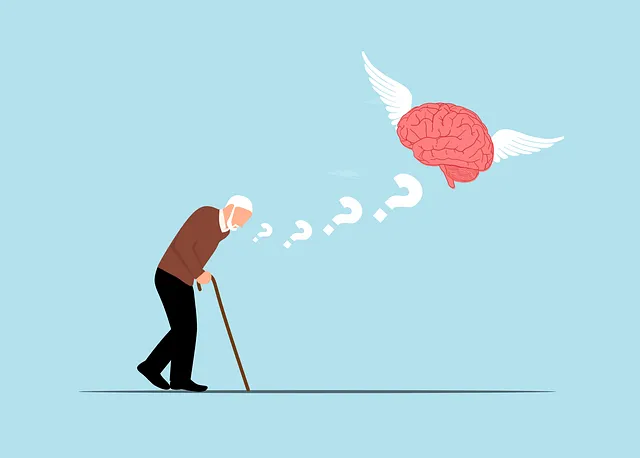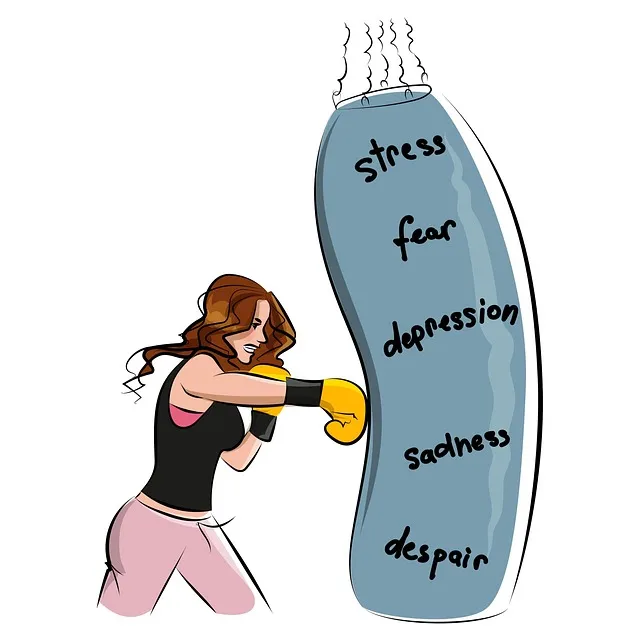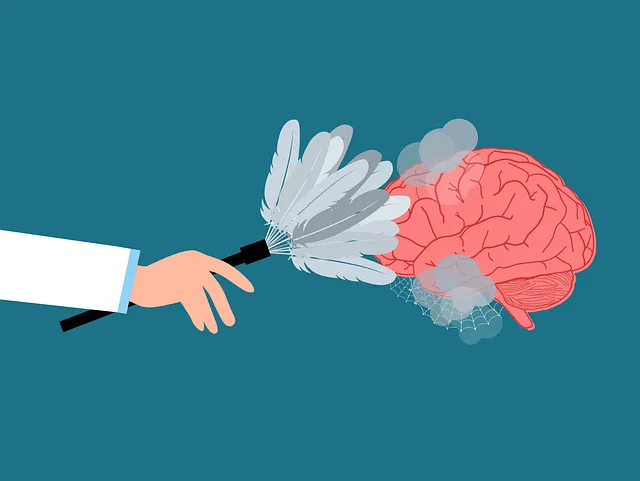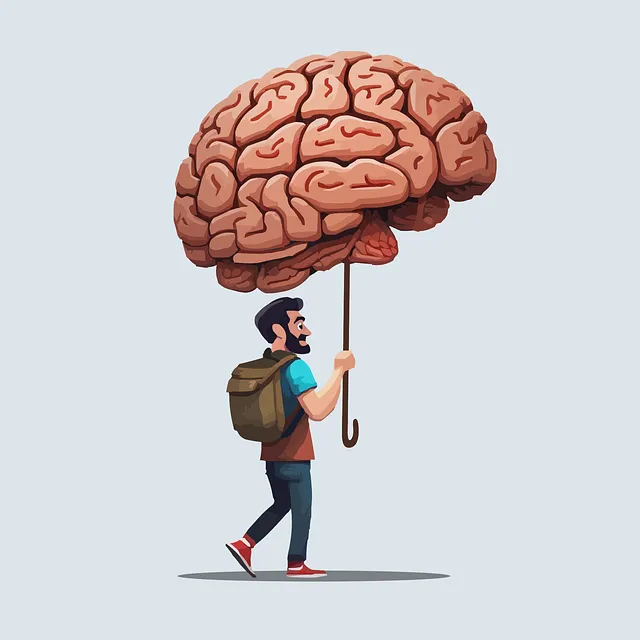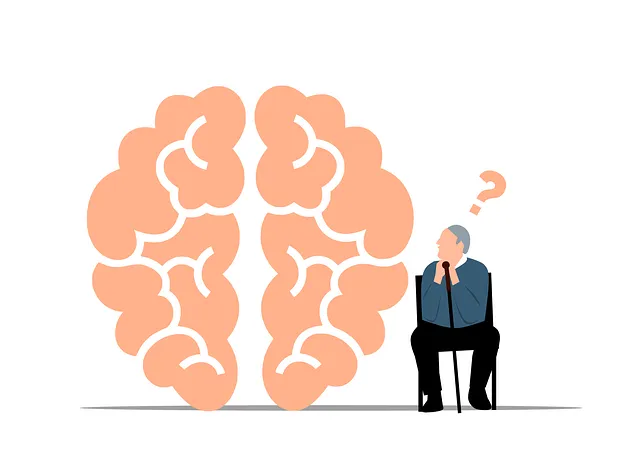Northglenn Kaiser Permanente mental health services focus on building resilience through innovative tools like the Resilient Factors Measure (RFM), empowering individuals to cope with stress, improve self-esteem, and regulate emotions. Their comprehensive, evidence-based approach includes specialized programs for trauma recovery, stress management, and emotional resilience in a nurturing environment. By prioritizing holistic care, cultural competency training, and regular stress management sessions, these services foster community well-being and empower Northglenn residents to navigate life's challenges with enhanced emotional strength.
Resilience is a powerful tool for navigating life’s challenges, and RFM (Resilience, Flexibility, and Mobility) exercises have emerged as an effective way to build this strength. This article explores the significance of RFM in fostering resilience, particularly within the context of Northglenn Kaiser Permanente Mental Health Services. We’ll delve into how these services utilize innovative approaches to promote community well-being through tailored resilience-building programs, offering a comprehensive overview for both professionals and individuals seeking to enhance their mental fortitude.
- Understanding RFM and Its Role in Resilience Building
- Northglenn Kaiser Permanente Mental Health Services: An Overview
- Implementing Effective Resilience Exercises for Community Well-being
Understanding RFM and Its Role in Resilience Building

Resilience is a vital asset in navigating life’s challenges and Northglenn Kaiser Permanente mental health services recognize this by incorporating Resilient Factors Measure (RFM) into their strategies. RFM assesses an individual’s ability to cope with stress, emphasizing factors that contribute to resilience. This measure goes beyond traditional mental health assessments by focusing on the internal strengths and resources that enable individuals to overcome adversity. By understanding one’s RFM score, individuals can identify areas for improvement and work towards enhancing their self-esteem, positive thinking, and emotional regulation—key aspects often associated with resilience.
This proactive approach to mental well-being encourages folks to embrace a journey of personal growth. Through targeted exercises, Northglenn Kaiser Permanente equips individuals with the tools needed to build resilience, fostering an environment where self-improvement and emotional fortitude thrive. By addressing these factors, they empower people to not just survive but also flourish in the face of life’s challenges.
Northglenn Kaiser Permanente Mental Health Services: An Overview

Northglenn Kaiser Permanente Mental Health Services offers a comprehensive range of support and resources for individuals seeking mental well-being. This facility is renowned for its dedicated team of professionals who employ evidence-based practices to address various mental health concerns. From individual therapy sessions to group support groups, they cater to diverse needs, focusing on anxiety relief and empathy building strategies. The center also prioritizes risk management planning for mental health professionals, ensuring a safe and nurturing environment for both clients and practitioners.
With a holistic approach, Northglenn Kaiser Permanente provides a calming sanctuary where individuals can navigate their mental health journeys. They offer specialized programs tailored to trauma recovery, stress management, and emotional resilience building exercises. By fostering a sense of community and empowerment, the services aim to equip individuals with the tools necessary to overcome challenges and thrive in their daily lives.
Implementing Effective Resilience Exercises for Community Well-being

Implementing effective resilience exercises is a cornerstone of fostering community well-being, particularly in areas like Northglenn where Kaiser Permanente mental health services play a vital role. These exercises are designed to help individuals navigate life’s challenges and build emotional strength, ultimately enhancing their ability to cope with stress and adversity. By integrating self-awareness exercises into their practices, healthcare providers can significantly contribute to the mental health of their community.
Cultural competency training for healthcare providers is crucial in this context. Understanding and addressing the unique needs and experiences of diverse communities enables more personalized and effective delivery of resilience-building programs. Regular sessions focused on stress management techniques can further empower individuals to take charge of their mental well-being. Through these initiatives, Northglenn’s residents can develop a deeper sense of resilience, contributing to a healthier and more vibrant community.
Resilience is a powerful tool for navigating life’s challenges, and RFM exercises play a significant role in building this strength. As demonstrated by Northglenn Kaiser Permanente Mental Health Services, integrating these practices into community well-being initiatives can foster a supportive environment. By understanding the fundamentals of RFM and its impact on resilience, we can empower individuals to face adversities head-on. This approach, combined with effective exercises, has the potential to revolutionize mental health support and create more resilient communities.
